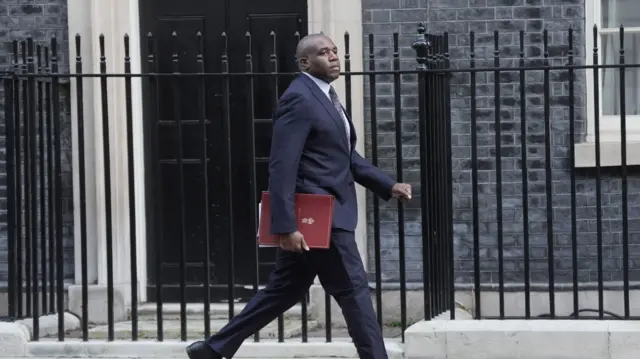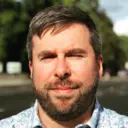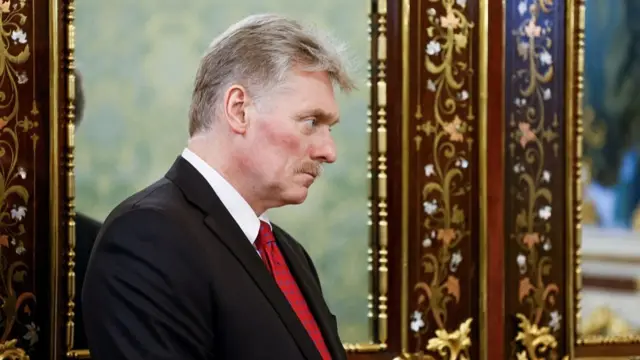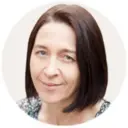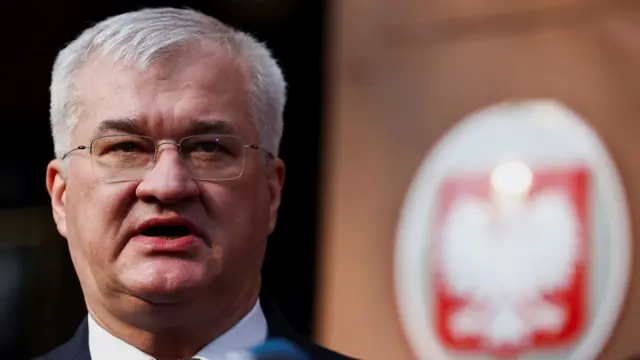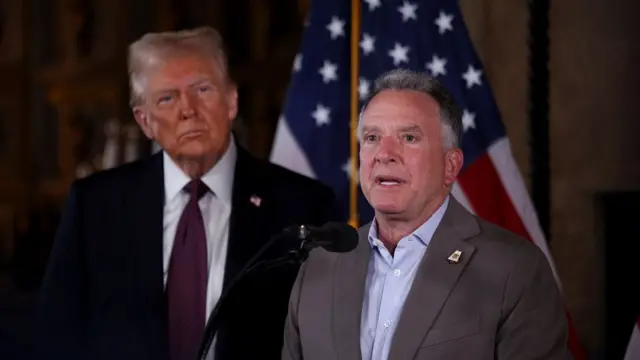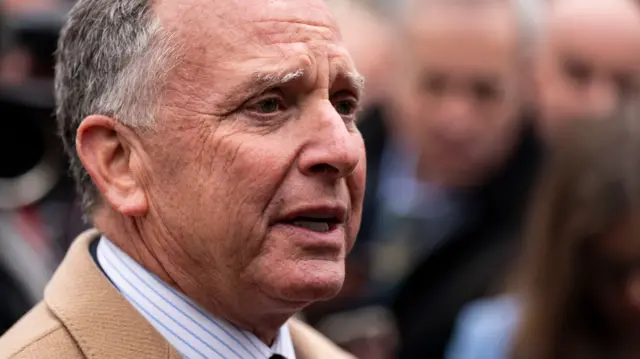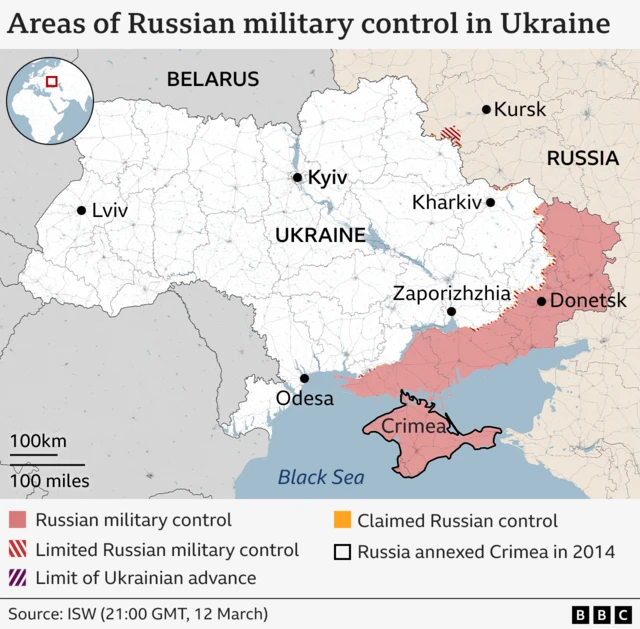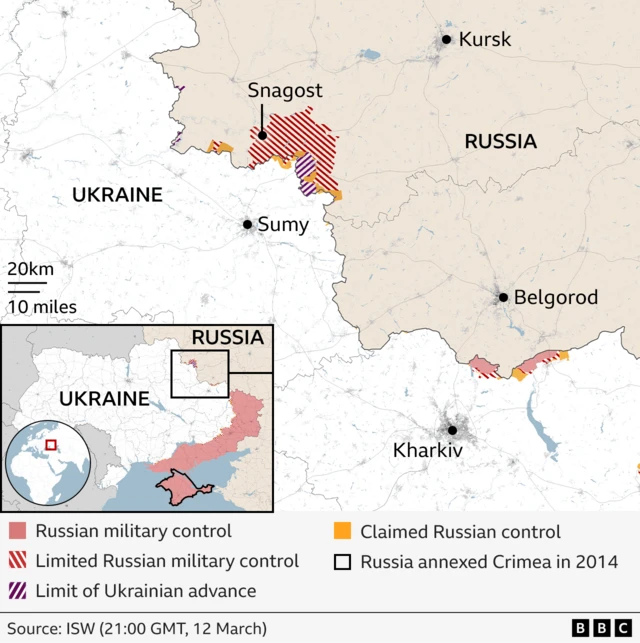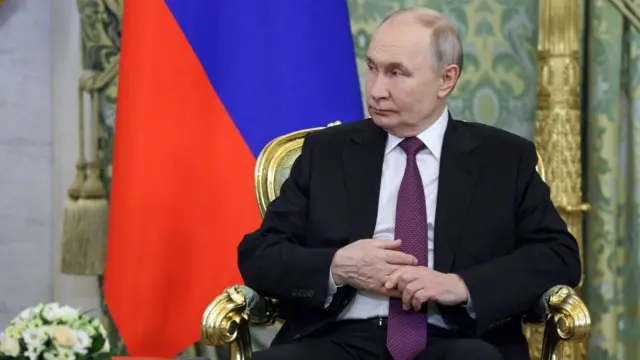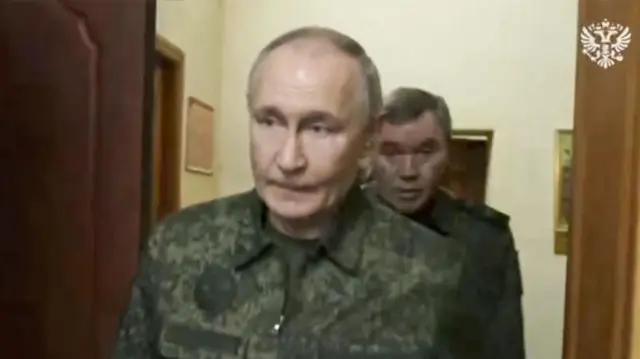Volunteer killed in Odesa as Ukraine marks Volunteer Daypublished at 11:32 GMT 14 March
 Vitaliy Shevchenko
Vitaliy Shevchenko
Russia editor, BBC Monitoring
A Ukrainian activist and volunteer has been shot dead in the southern port city of Odesa this morning. Police have published photos of a man suspected of killing 31-year-old Demyan Hanul, who died at the scene.
National Police chief Ivan Vyhivsky is travelling to Odessa to investigate the killing, Interior Minister Ihor Klymenko says.
A Russian court sanctioned Demyan Hanul’s arrest on suspicion of damaging or destroying military memorials. In 2014, he took part in clashes with pro-Russian activists which resulted in a deadly fire at the local Trade Unions House.
Ukraine is marking Volunteer Day today.
- For context, Ukraine pays tribute to men and women who formed the first volunteer military units in the country on Volunteer Day.
